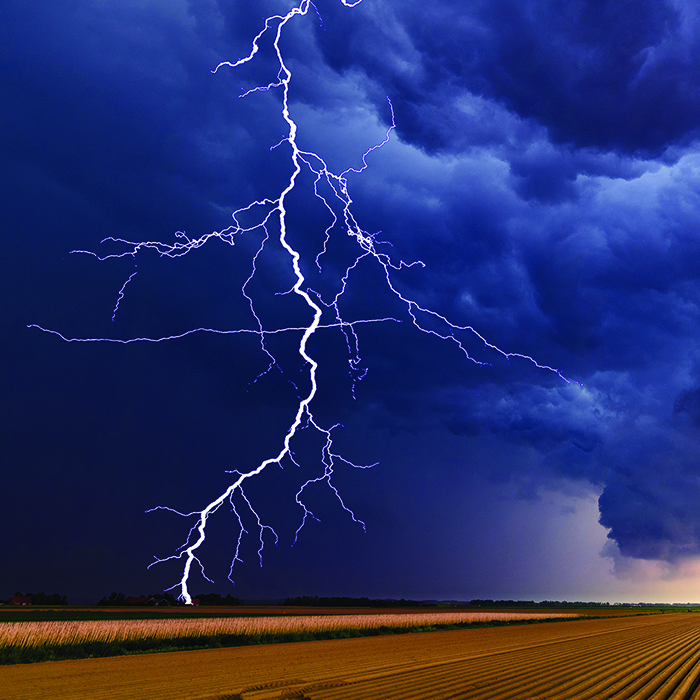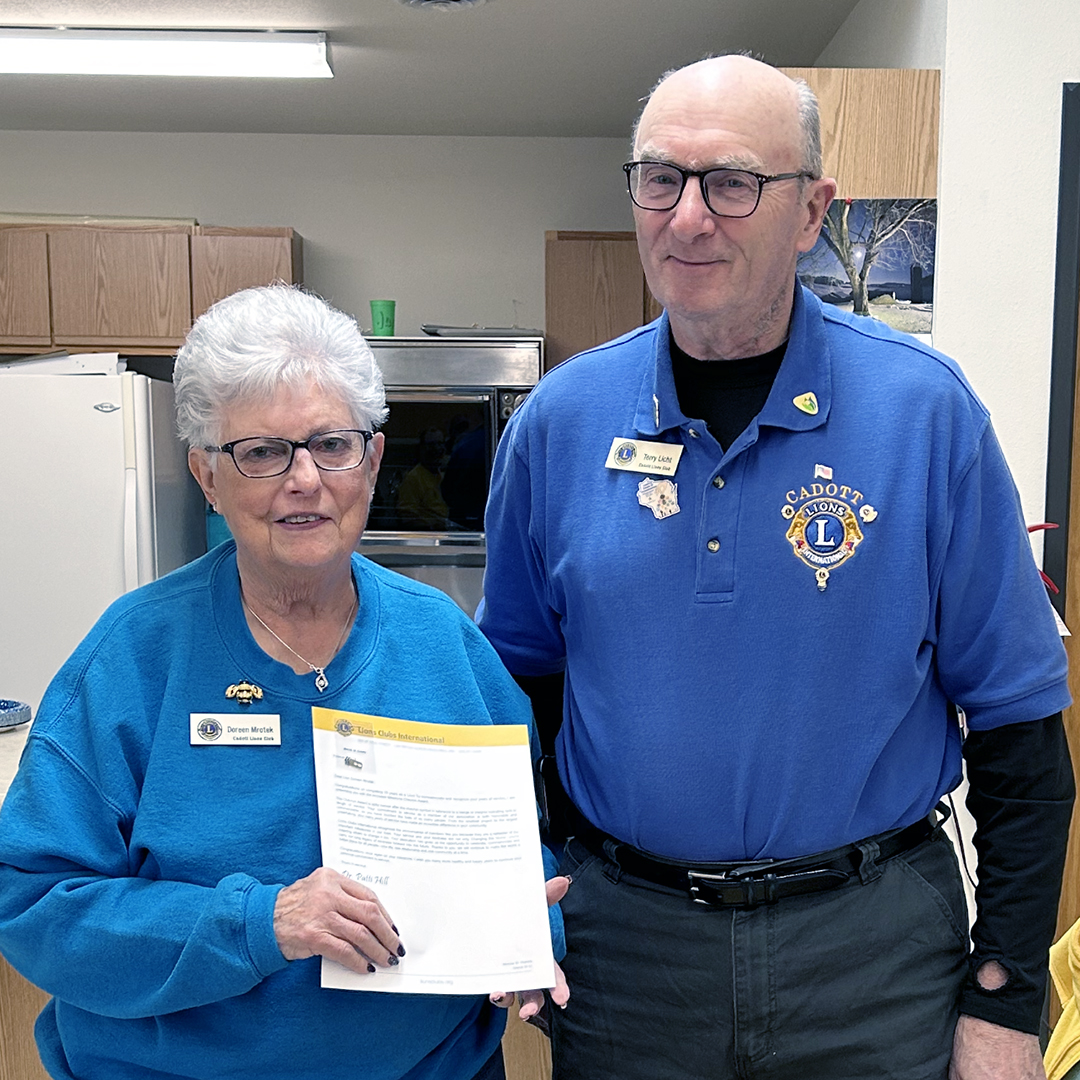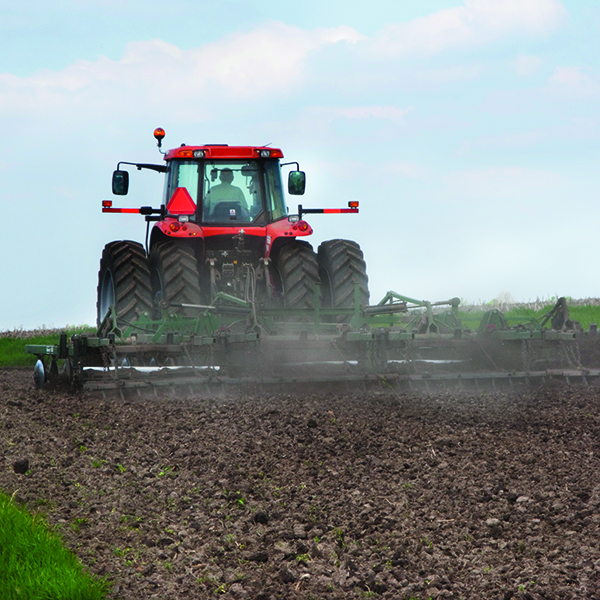Do you know what to do when severe weather hits?


Storms can develop quickly in Wisconsin, and knowing what to do when a severe weather warning is issued, can help keep everyone safe. To help encourage everyone to be prepared for tornadoes, thunderstorms and flooding, Wisconsin observes April 8-12, as Tornado and Severe Weather Awareness Week, along with holding statewide tornado drills Thursday, April 11.
“Wisconsin made history this year, when two tornadoes touched down in early February, which were the first confirmed tornadoes in the state, during that month, since record keeping began,” said Wisconsin Emergency Management administrator Greg Engle.
People should review their emergency plans and identify where the nearest safe place to take shelter is located, as Wisconsin averages 23 tornadoes, annually. In just 2023, the National Weather Service (NWS) confirmed 21 tornadoes in the state. That includes 15 tornadoes that touched down in a single day, when storms moved across southern Wisconsin, March 31, of last year.
Wisconsin’s annual statewide tornado drills will take place Thursday, April 11, at 1:45 p.m. and 6:45 p.m., offering an opportunity to practice tornado sheltering plans. Schools, businesses and homes are encouraged to practice going to their nearest tornado shelter during the drills, as if there were an actual tornado warning in effect.
Ideal tornado shelters can include a basement, a ground floor interior room of a building or a specially constructed safe room, designed to withstand high winds and falling debris.
During the drill times, Wisconsin’s NWS offices will conduct NOAA Weather Radio tests that can be heard by listening to those devices or have one programmed to activate on test alerts. Some communities may also choose to test their outdoor warning sirens during the drill times.
If there is a threat of severe weather in Wisconsin, April 11, the statewide drills will be postponed until Friday, April 12. The drills will go on in all other conditions, including non-severe weather (clouds, rain, dark sky, scattered thunderstorms, etc.). If severe weather is also expected for Friday, the drills will be cancelled.
To stay safe during severe weather, ReadyWisconsin encourages people to do the following:
• Create an emergency plan and practice it.
• Know where designated shelters are located at home, work and school. Be ready to go there when a tornado warning is issued.
• Have multiple ways to receive alerts about approaching severe weather. Outdoor warning sirens, NOAA Weather Radios, local media and mobile devices are all important tools. Don’t rely on any single source for important life-saving information.
• Make sure a mobile device is enabled to receive Wireless Emergency Alerts (WEA). On many devices, that option is available in the settings menu.
• Stay weather aware, by checking the daily forecast for the area.
• Create an emergency kit for the home. “Staying safe from severe weather is everyone’s responsibility,” said Engle. For more information on emergency preparedness and advice on creating an emergency plan, visit readywisconsin.wi.gov.
Wyatt Koenig, sixth grader at Cadott Elementary School, made his 100th savings deposit March 28, in the school banking program with Citizens State Bank. Koenig is the 18th student to reach this milestone since the school banking program began in 2007.
Submitted Photo




